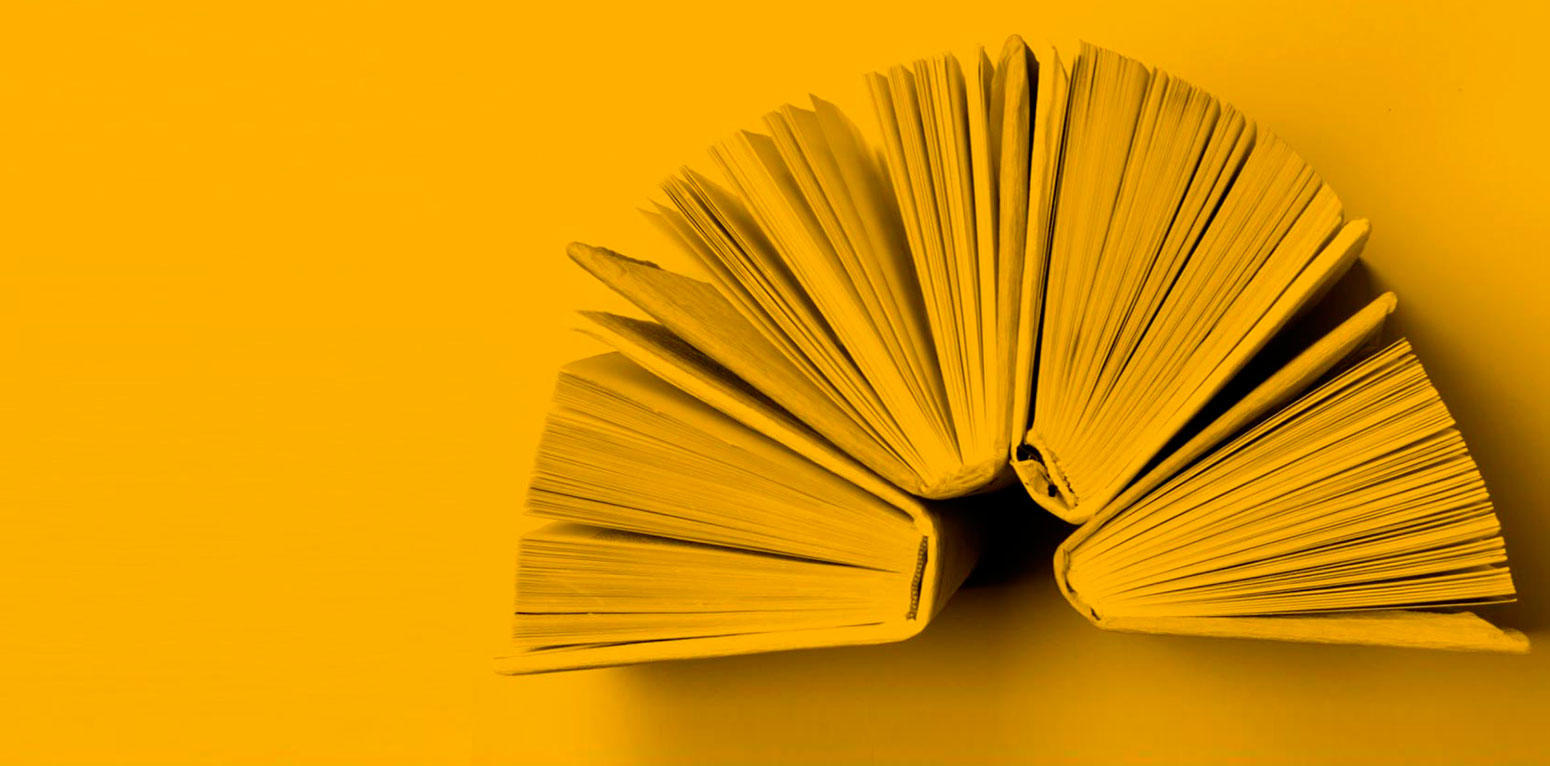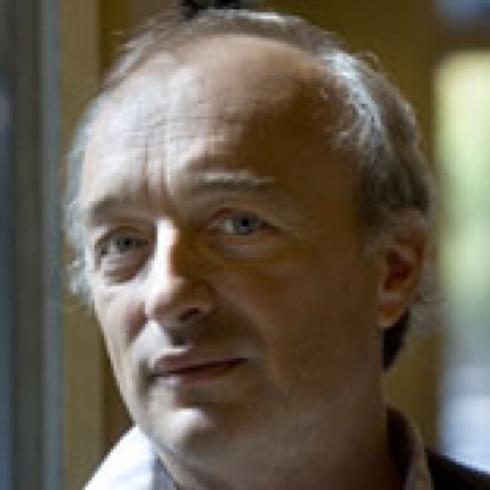
" Raphaël et Raphaël "
- Nominated for : The Literary Prize 2012
After being a professor of literature, René de Ceccatty, born in 1952, became literary adviser to the Denoël editions and then to Gallimard. Member of the reading committee of the Seuil, he regularly collaborates with the Monde des Livres and writes a literary column in the roman daily Il Messagero. He is also a translator of italian and japanese authors. In the theater, René de Ceccatty has worked notably with the director Alfredo Arias.
The recurring theme in Ceccatty’s novels, homosexuality, gives his work autobiographical emphasis (Personnes et personnages,1979 Esther,1982 L’étoile rubis,1990; L’Or et la poussière, 1986 (the Valery Larbaud prize ) and La sentinelle du rêve (1988).
In Le Diable est un pur hasard (1992), "Though so much like the secret man that we know, the narrator of this book is only an image, a double fantasy, combining lived elements with the meditation of the troubled incidents that have governed his existence. Because the author warns us that he is just a docile comedian that the devil takes by the hand." (Anne Pons, L'Express, March 25th, 1993)
In 1994, he published L’Accompagnement, in honor of a friend dying of AIDS. During the last days, he said to me that he, a writer, did not have the strength to describe what he was living and that no one, as yet, had been able to describe the fight against death in a hospital. He told me that another writer friend - also very present throughout the illness - and myself, now knew enough to describe what we saw. It was an appeal.
In 1996, he began an autobiographical cycle dedicated to his former companion, Hervé, who died in 2002. Aimer (1996), Consolation provisoire (1998), L’Eloignement (2000) and Une fin (2004) form a tetralogy in which “René de Ceccatty claims a contradictory violence between happiness and passion, but does not condemn for as much. The pain of love is a constant in his work." (Le Monde des Livres, 11th February 2000)
In Fiction douce (2002), "A writer meets two very old novelists, writes a play for a famous actress, travels in south america, remembers his childhood and an impossible passion, meets a disturbing taxi driver and crosses death by means of a friend who disappears with an elegant brutality. Everything happens in solitude, driving in the rain." (Presentation by the editor)
In 2005, the author revisits his favorite theme with Le Mot amour. "We no longer speak of love in that way. Here, no detailed physical descriptions or crude words. But only words, dialogues of infinite beauty, yet where it is often question of the misfortune of loving. [...] We feel that René de Ceccatty is obsessed with the feeling of love, and its variations [...] Does he not say of love that it has the power to give life and death, the two sometimes merging ?" (Mohammed Aïssaoui, Le Figaro, December 22, 2005)
"The starting point of L’Hôte invisible [2007] is a painting entitled La Famille Moscon and painted in the nineteenth century by a contemporary of Ingres, Josef Tominz. This painting, of conventional appearance, represents three women having tea on an open terrace overlooking a garden. Two of them are looking at someone or something that is near the painter’s easel, and who could be the invisible host. René de Ceccatty uses the enigma of the painting - who is this invisible host that disturbs the peace of a family? – as a motif to allow himself to analyze his own life." (Presentation by the editor)
With Un père (2007) "René de Ceccatty crosses a new step in his work of autobiographical confessions, [he] here recounts his meeting, then his relatively brief relationship with a father, as he refers to him, a married man with two children . Gradually, he discovers the lies of this man, full of duplicity, evil and manipulative, who lives between the denial of his homosexuality and a collection of adventures with men and women. [...] Through the portrait of this man with unbridled sexuality, René Ceccatty questions himself again about sexual choices and wonders about homosexuality with intelligence and sagacity, in a clear and simple style." (Presentation by the editor)
In January 2010, he signs a biography of the Italian writer Alberto Moravia. "In his audacious and complete biography that he devotes to him, René de Ceccatty admits that it is not easy to write the story of a man - a writer - who has always professed his hatred of the past. But, even more so, the real problem is the mixture of extreme vitality and melancholy that characterized the man and the writer. [...] René de Ceccatty did not discourage himself with this peculiar mixture of melancholy and vitality, he challenged it." (Elisabetta Rasy, Le Monde des Livres, February 19th, 2010)
Noir souci (2011) is a "biographical essay that examines the platonic relationship that Léopoardi maintained at the end of his life with the young Antonio Ranieri. Old and sick, the italian writer fled to Naples with Antonio, a great seducer of women." (Presentation by the editor)
With Raphaël et Raphaël (Flammarion, march 2012), he continues on his favorite theme: "Love, for this author who has dedicated so many beautiful and numerous books to it, is always impossible, torturing, the love of a homosexual for another man who wants to be loved by him but prefers women. Before the era of Raphaël five novels were devoted to a dream named Hervé, since Aimer (1996). But is it about a novel? No, says the author, who devotes superb pages of Raphaël et Raphaël to this energetic denial: he is not a fiction writer. The word transposition annoys me: the result of the work of fiction writing overwhelms me with boredom in advance." (Claire Devarrieux, Libération, March 29th, 2012)

